A recent dispute among the churches of the Missouri Synod made me dive back into the wisdom of our Lutheran Fathers as articulated in the Formula of Concord, one of the confessional documents to which we have promised to adhere in this congregation and throughout the Synod. The dispute was over whether the Sacrament of the Altar can be administered virtually or remotely. You may have heard of churches that do “online communion.” The practice became popular during the heart of the COVID lockdowns when pastors were frustrated with not being able to commune their congregations.
Presumably, they were under tighter restrictions than what we had here in New Mexico. Here in Roswell we gathered as small groups to receive the Sacrament. Of course, this was not ideal since the whole congregation should weekly gather around Word and Sacrament as the Scriptures teach (Exodus 20:8; Acts 2:42; Heb. 10:25), but I don’t think anyone went without the Sacrament who desired it. Once the restrictions ended, we gladly resumed the practice of communing at the same time on Sunday. On the other hand, other pastors thought it best to try something different and new.
Presumably, they were under tighter restrictions than what we had here in New Mexico. Here in Roswell we gathered as small groups to receive the Sacrament. Of course, this was not ideal since the whole congregation should weekly gather around Word and Sacrament as the Scriptures teach (Exodus 20:8; Acts 2:42; Heb. 10:25), but I don’t think anyone went without the Sacrament who desired it. Once the restrictions ended, we gladly resumed the practice of communing at the same time on Sunday. On the other hand, other pastors thought it best to try something different and new.

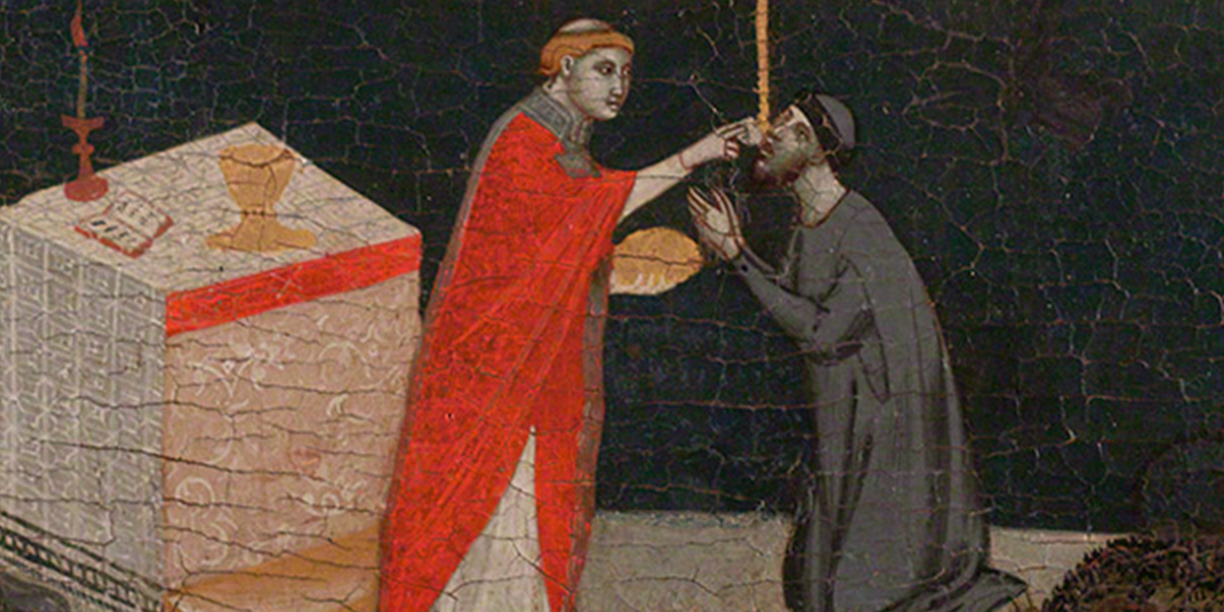
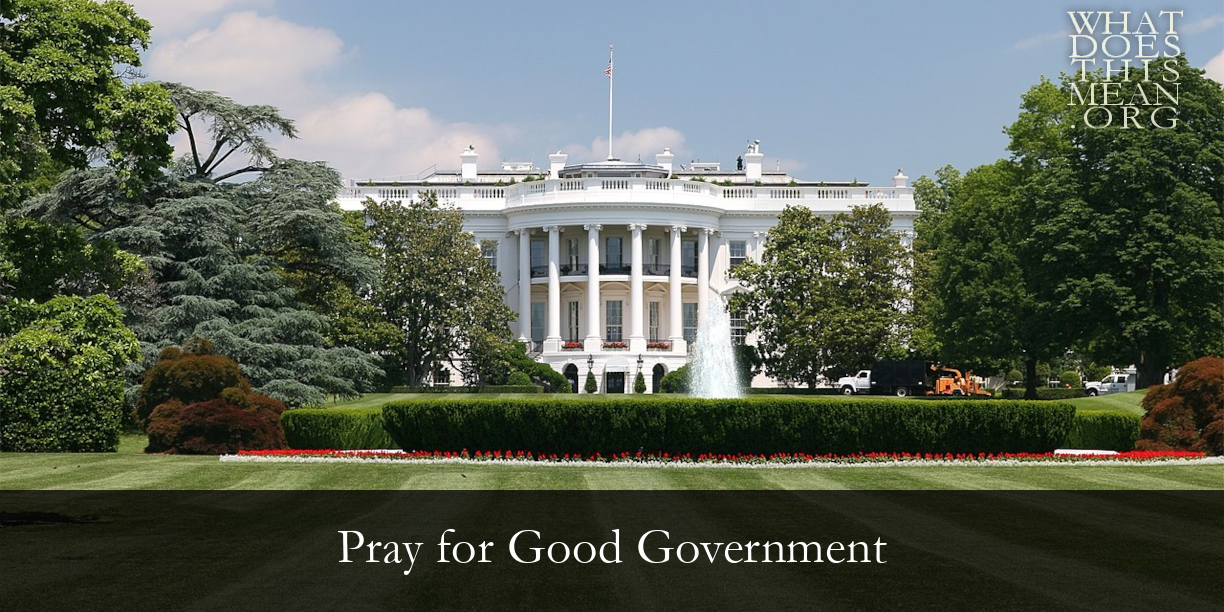
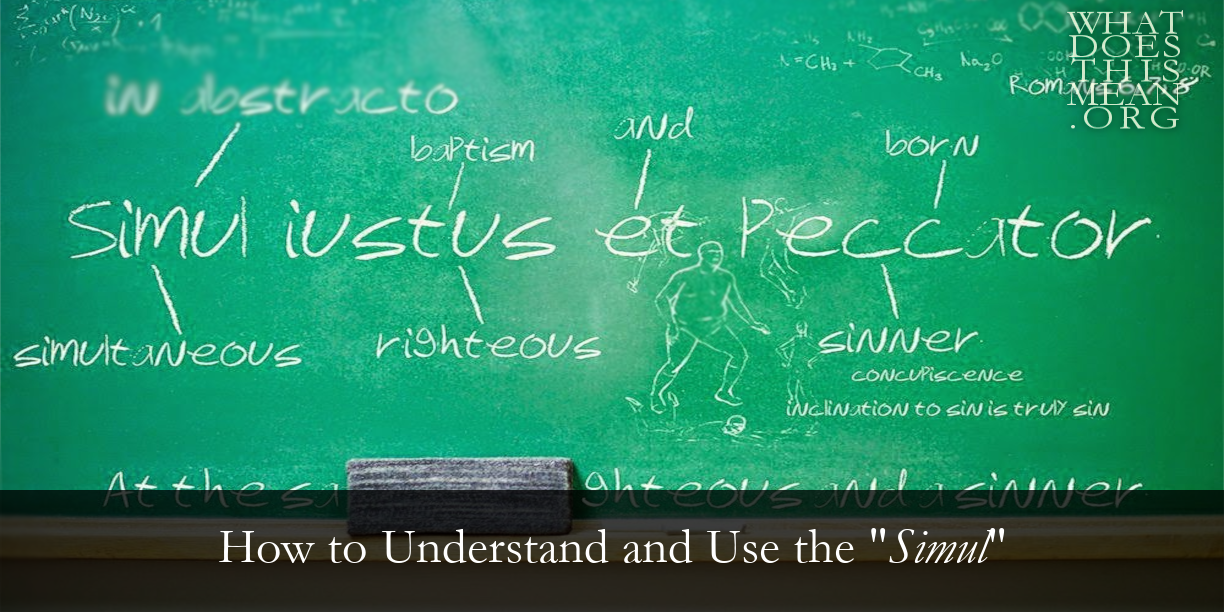
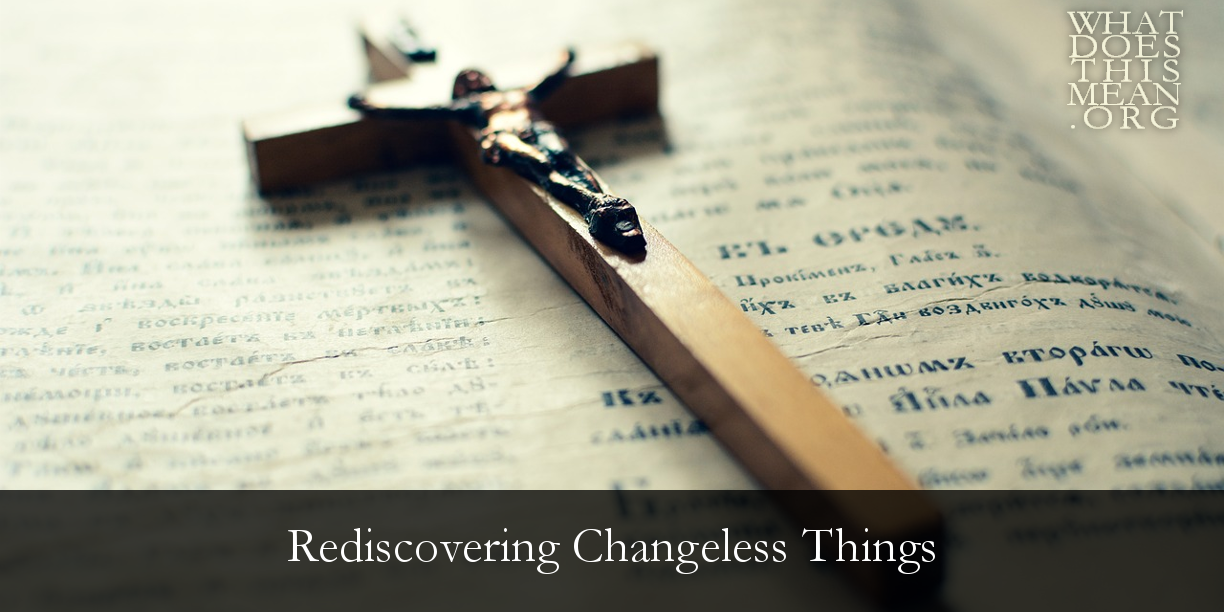
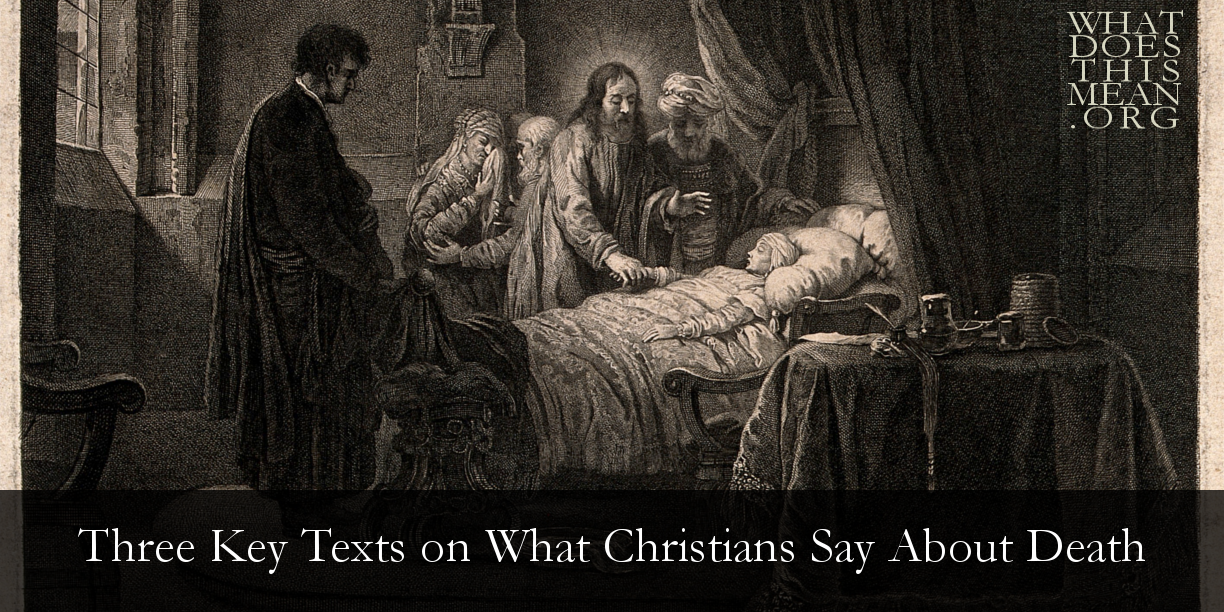
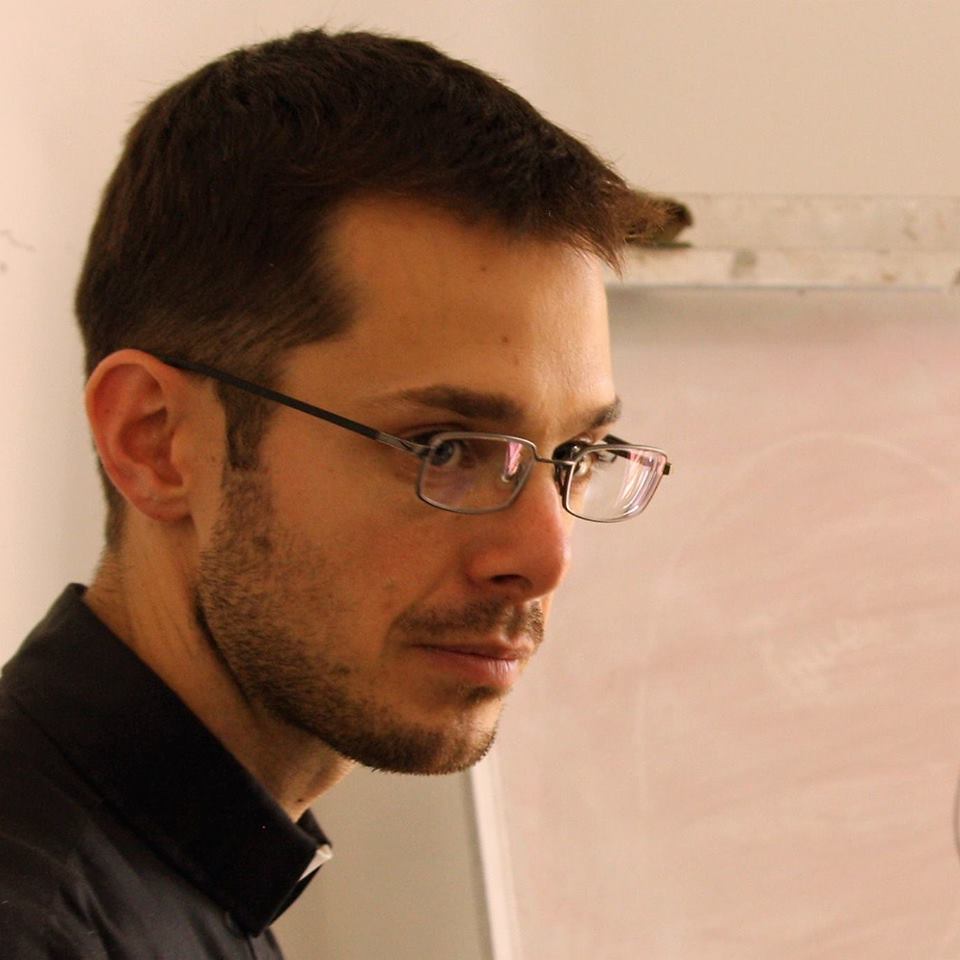
 RSS Feed
RSS Feed
